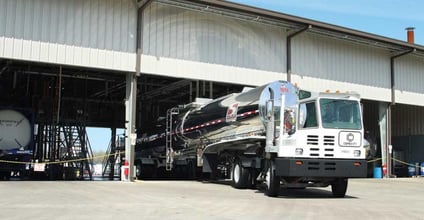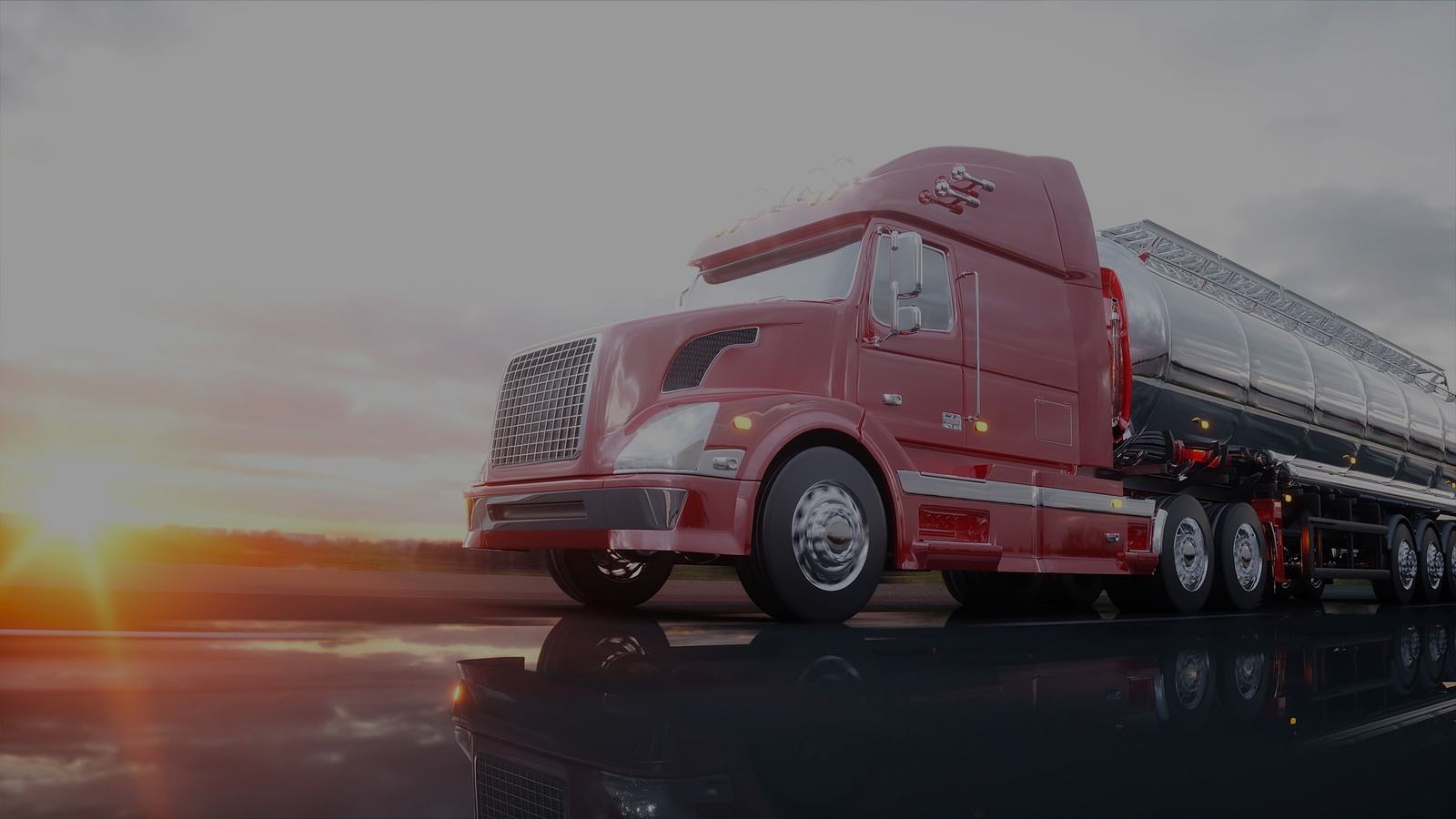In the world of bulk transportation, tank truck washes can be a frustrating requirement, that eats up driver Hours of Service and ties up equipment. To OSHA, however, these washes aren’t just frustrating, they’re potentially deadly. A recent article in Bulk Transporter shows that the tank wash industry is back on the Administration’s radar.
 According to Bulk Transporter, OSHA has implemented Regional Emphasis Programs (REPs) that are specifically directed at the tank truck wash industry. The focus of their efforts is “confined-space entry.” Such entry occurs during certain types of washes – or when residue remains after a wash – when a tank wash employee physically enters the tank to clean it.
According to Bulk Transporter, OSHA has implemented Regional Emphasis Programs (REPs) that are specifically directed at the tank truck wash industry. The focus of their efforts is “confined-space entry.” Such entry occurs during certain types of washes – or when residue remains after a wash – when a tank wash employee physically enters the tank to clean it.
When workers do, they risk oxygen deficiency, chemical hazards and even fire or explosion (if flammable material is in the tank, electrical equipment or static electricity can ignite it).
According to the article, most OSHA officials believe that “wash racks are unsafe.”
The REPs have currently been established in Region 5 (comprised of Illinois, Indiana, Michigan, Minnesota, Ohio, and Wisconsin) and Region 6 (Arkansas, Louisiana, New Mexico, Texas, and Oklahoma). But experts say it’s not going to stop there.
During a roundtable discussion at NTTC’s 2021 Tank Truck Week in Dallas, Texas, Brian Bollinger, Quala’s vice president of environment, health, and safety, said, “It is a national emphasis program. We just don’t know it yet. We have received independent letters in other locations, in other states, outside of the region. So I would just give a heads up to everybody. We’re all in this thing together, and it will touch many more states.”
The roundtable also included Ken Cooper, operations director with Trimac’s National Tank Services, and Ed Wickham, chairman of NTTC’s tank cleaning council. Highlights from the discussion around tank wash safety include the following.
- Some within the industry want to remove confined-space entry altogether. Mr. Bollinger is one of them, saying “We can train and train, and teach and teach, but if you can eliminate it, that’s the best way.” Quala is investing in technology to make confined-space entry safer and, eventually, eliminate it altogether.
- Cooper discussed the dangers related to confined-space entry by employees who are not authorized to perform this function. It’s a major cause of accidents and thus a major focus of Trimac’s training and accident prevention initiatives. He also discussed implementing controls that would prohibit entry by an employee without supervisor authorization.
- Both Bollinger and Cooper said that their companies have ramped up incident review processes related to ‘near-miss’ accidents (i.e., an accident almost occurs due to confined-space entry but thankfully doesn’t) to inform future prevention efforts.
- Both companies also perform standardized ‘mock rescue’ exercises in which employees practice performing an actual rescue of an employee in a tank. Bollinger said that it is vital that every employee is familiar with – and adequately trained on – all necessary equipment in preparation for an actual rescue situation.
Of course, the culture and practices of each individual facility are ultimately what matters most. Wickham acknowledges that tank wash facilities run the gamut of preparedness. He visits many facilities that are buttoned up, with up-to-date training and equipment in good working order. There are then other facilities that have equipment collecting dust. A big part of the effort to remain in compliance with OSHA and to prevent accidents will be obtaining the ‘buy in’ from the facilities that are currently less prepared.
Using Bulk Connection’s Tank Wash Finder
If you’re looking for a tank wash facility during your next load, look no further than Bulk Connection’s Tank Wash Finder.
Located at tankwashfinder.com, this online tool enables truckers, carriers, and other transportation professionals to quickly access detailed information for over 400 tank wash facilities in North America.
In addition to basic facility information, the Finder will likely include details related to cleaning, maintenance, and driver services provided.
Examples of cleaning services that may be listed for a facility include acrylate cleaning, chemical tank cleaning, detergent wash, food-grade wash, Kosher wash, hopper bottoms cleaning, polymer cleaning, pump cleaning, reefer wash, steam and flush, latex wash, hazardous chemicals/products wash, odorous products wash, internal valve vacuum check, boosted caustic wash and much more.




